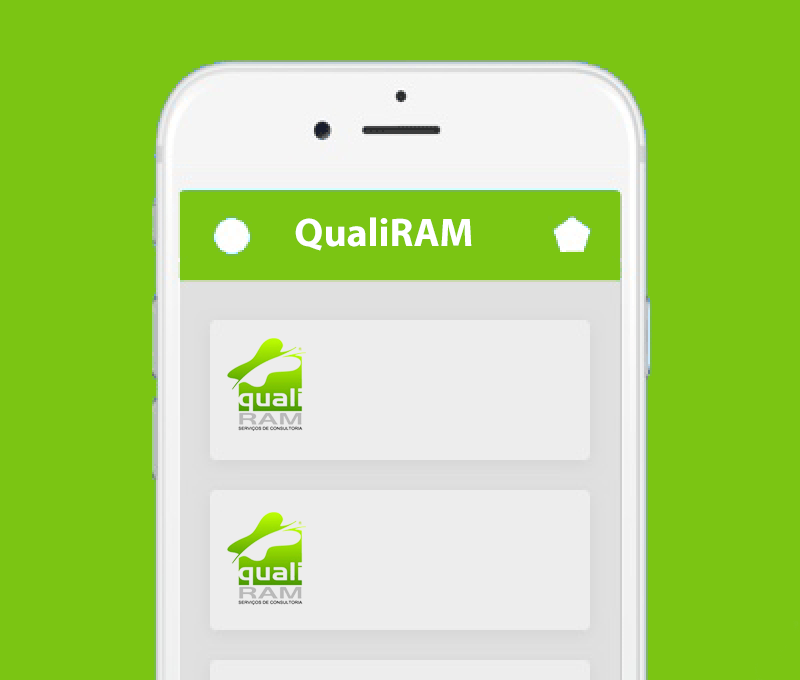Furthermore, relationships act as a mirror, reflecting our progress and accountability. Loved ones can offer insight, hold us accountable to our goals, and provide perspective on our actions and behaviors. They can help identify triggers and patterns that may hinder our recovery, allowing us to make the necessary adjustments and improvements. All these emotions can create emotional distance in the relationship as a way to protect themselves from the chaos of addiction. This distance can strain trust and connection, which were once the foundation of the relationship. Guilt is another burden, with loved ones questioning their role in the addiction or feeling responsible for missing warning signs.
What are effective strategies to nurture supportive relationships in recovery?
Being gentle with yourself and your loved ones during recovery allows for emotional healing. Foster open communication about feelings and challenges, creating a space for understanding and validation of emotions related to past grievances. Developing routines, participating in shared romantic relationships in recovery activities, and engaging in fun experiences deepen emotional bonds. Couples should prioritize each other by planning regular date nights or simple gestures of appreciation.
What role does technology play in maintaining connections during recovery?
Through encouragement and shared successes, participants develop a stronger belief in their capacity to overcome challenges. Support groups and group therapy enhance this process by creating safe environments for open discussions about struggles, effectively reducing feelings of isolation and shame. Notably, participating in groups such as Alcoholics Anonymous (AA) or Narcotics Anonymous (NA) enables individuals to share experiences, fostering resilience and community. During recovery, individuals learn the importance of setting and respecting boundaries. This newfound ability allows for healthier relationships where individuals can establish clear limits without enabling or being codependent. Setting healthy boundaries fosters mutual respect, understanding, and harmony within relationships.
What are the benefits of social support, including peer support, in recovery?
Additionally, involvement in these communities can enhance self-efficacy and personal accountability. Through mentorship and sponsorship within these groups, individuals can gain practical insights that bolster their recovery efforts. When making amends, listen to the other person’s feelings and validate their experiences. Respect their boundaries and prioritize their emotional well-being throughout the process.
Engaging actively in supportive environments, such as mutual-help groups, can also enhance these relationships, fostering a community that nurtures healing and sobriety. Participating in positive activities with others can help build stronger relationships. Whether it’s attending support group meetings, exercising together, or engaging in hobbies, these shared experiences foster a sense of community and mutual support.
What is the importance of setting boundaries in relationships after addiction treatment?
Building a support system is essential for anyone recovering from substance use disorders. This network may include family, friends, peers, counselors, and members of recovery groups like Alcoholics Anonymous or SMART Recovery. Learning from peers who have navigated similar challenges can also provide hope and motivation, reinforcing the belief in personal recovery journeys. Recovery invites a transformative journey of personal growth and renewal, where managing relationships becomes a crucial aspect. While both supportive and potentially detrimental influences can stem from relationships, the key lies in understanding and nurturing connections that advocate for personal well-being. By prioritizing self-awareness, setting and respecting boundaries, and building robust support systems, individuals in recovery can foster relationships that enrich their sobriety journey.
Stay open to offering and receiving support, which not only reinforces your commitment to recovery but also fosters deeper bonds with those around you. In summary, building and maintaining a robust support system is integral to nurturing long-term recovery and personal growth. Establishing a stable routine not only promotes discipline but also enhances relationships. Interaction with sober friends and participation in support groups, like Alcoholics Anonymous or Narcotics Anonymous, help reinforce these connections, creating an understanding community. As you focus on recovery, it’s crucial to recognize and distance yourself from negative influences.
Past hurts and trust issues can pose challenges in building and maintaining relationships. It’s essential to address and heal from past traumas through therapy, support groups, or counseling. Open communication about fears and concerns with our loved ones can help rebuild trust gradually. Ultimately, professional support is essential for facilitating healing and fostering healthier relationship patterns in recovery, creating a foundation for lasting http://www.atcogen.org.tn/2024/06/28/10-cbt-group-activities-essential-for-substance-3/ change.
Rebuilding Trust and Communication
Overall, mastering this communication style can significantly enhance the quality of relationships and support long-term recovery. CBT also heroin addiction includes assertiveness training, enabling individuals to express their needs and feelings clearly and respectfully, which is essential in recovery. This therapy encourages the use of ‘I’ statements, fostering healthier dialogue and minimizing defensiveness.
- One of the most important aspects of recovery is learning how to build and maintain healthy relationships, which can provide essential support throughout the recovery process.
- Engaging in shared activities, like attending support meetings or joining community groups, can strengthen these bonds.
- Moreover, engaging in therapy can provide guidance to effectively navigate challenges.
- Boundaries help to ensure that everyone involved feels safe, respected, and supported.
This means avoiding enabling behaviors, such as making excuses for your partner or providing financial support that may inadvertently support their substance use. Instead, encourage healthy lifestyle choices and help identify constructive coping mechanisms to replace previous substance use habits. Sustainable recovery is possible and the best version of yourself is waiting at our Atlanta and Savannah, Georgia addiction recovery centers.
Impact on mental health and sobriety
Regularly engaging in open dialogue with these professionals can significantly enhance one’s recovery experience. Everyone is at different stages of their recovery, and it’s important to allow room for growth. By being patient and understanding, you contribute to the healing of both yourself and those around you. If certain people trigger negative behaviors or hold you back, it’s okay to distance yourself from them. Letting go of toxic relationships can be difficult, but it’s necessary for maintaining your mental and emotional health.
